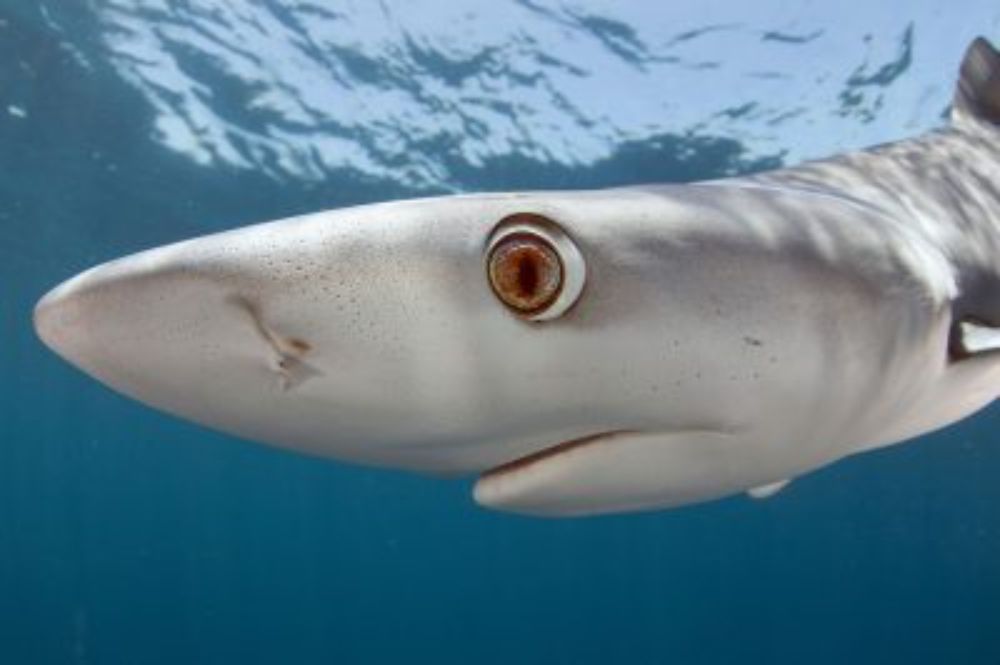
The Pygmy Shark (Euprotomicrus bispinatus), the world’s second smallest shark species and one of the species with a high overlap with proposed deep sea mining. Credit: Blue Planet Archive / Masa Ushioda.
🚨 NEW PUBLICATION 🚨
Today in @currentbiology.bsky.social, we found that 30 species of #sharks, #rays, and #chimaeras overlap with proposed #deepseamining in Areas Beyond National Jurisdiction #ABNJ - over 60% are already #threatened with #extinction 🦈
📸 Blue Planet Archive / Masa Ushioda
02.10.2025 19:54 — 👍 19 🔁 11 💬 2 📌 0


Depending on the mining type there are varying degrees of depth overlap between impacts and species depth ranges. We highlight four recommendations including limiting discharge plumes to below 2,000 meters to limit overlap with sharks and rays.
@seaprinceaaron.bsky.social @nickdulvy.bsky.social
02.10.2025 21:40 — 👍 1 🔁 1 💬 0 📌 0

Figure 1: highlighting various pathways through which mining can impact sharks, rays, and chimaeras including collector impact and plumes, and discharge plumes.

Figure 2: The diversity of sharks, rays, and chimaeras impacted by deep sea mining operations. Nearly 2/3 of these species are already at an elevated risk of extinction.
New paper led by @seaprinceaaron.bsky.social in @currentbiology.bsky.social looking at the threats deep sea mining poses for sharks, rays, and chimaeras. We found 30 species are threatened via various pathways including collector impact and plumes at depth and pelagic discharge plumes.
02.10.2025 21:40 — 👍 12 🔁 13 💬 1 📌 1
I don't think many people realize that Canadian companies own something like 75% of the mines in the world.
18.09.2025 22:34 — 👍 2 🔁 2 💬 0 📌 0
Scripps Postdoctoral Scholar Award - 2026
University of California, San Diego is hiring. Apply now!
Apply for the Scripps Postdoctoral Fellowship! I'm looking to support a strong candidate in fish physiology and/or biomechanics. Deadline: Oct 9, 2025. Eligibility: PhD by Nov 30, 2026 with ≤3 years postdoc experience. 2 years, $74K salary, $6K research allowance 👉 apol-recruit.ucsd.edu/JPF04348 🧪 🐟
10.09.2025 00:46 — 👍 8 🔁 11 💬 1 📌 0
YouTube video by Beyond Jaws Podcast
Shark Science: How International Trade Fuels Unsustainable Shark and Ray Fisheries
Had a great time chatting to the Beyond Jaws podcast about shark and ray biodiversity and threats. Thanks for having me!
youtu.be/9P1xnUmjJR0?...
18.08.2025 12:27 — 👍 1 🔁 1 💬 0 📌 0

Despite lots of work already being done, these aspects (movement, trophic interactions, and demographics) are often studied in isolation. But they are each a piece of the puzzle. Often times there are taxonomic biases in research. This doesn't even cover the rays! @natklinard.bsky.social
12.08.2025 13:24 — 👍 0 🔁 1 💬 0 📌 0


Sharks and rays can play many ecological roles (predators, prey, vectors, etc). The functional roles of individuals scale up depending on the ecological context. And there are many questions to consider @natklinard.bsky.social @johnwayne5.bsky.social
12.08.2025 13:24 — 👍 0 🔁 1 💬 1 📌 0

Defining ecological roles of sharks on coral reefs
Sharks have often been perceived to play a critical role in the dynamics of coral reef ecosystems globally. Yet, there is relatively little evidence to support this idea across all but a limited set ...
New Paper led by @natklinard.bsky.social We lay out a framework for assessing the ecological roles of reef sharks (but widely applicable) incorporating movement, trophic/community, and life history/population dynamics. w/@johnwayne5.bsky.social and A MacNeil
doi.org/10.1111%2Fbr...
12.08.2025 13:24 — 👍 0 🔁 2 💬 1 📌 0
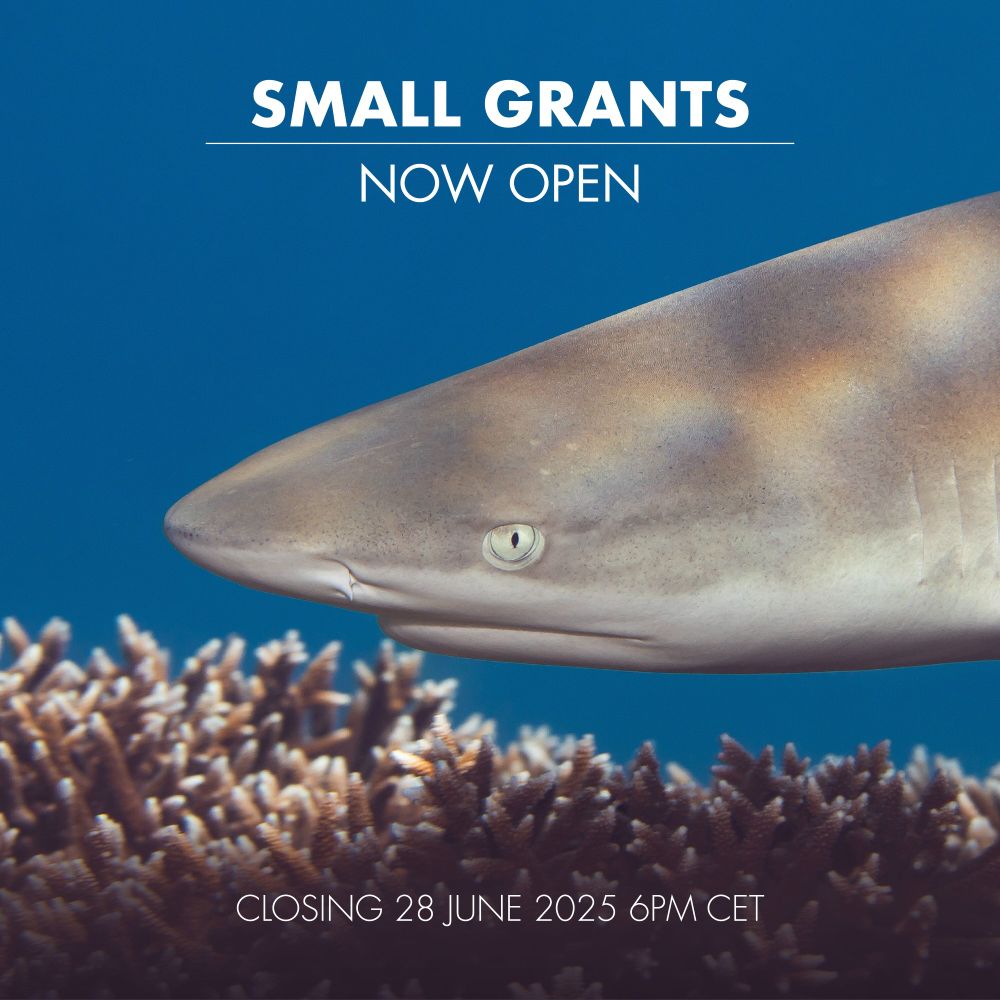
Applications for the SOSF Small Grant are open!
We call on early-career scientists with projects focused on sharks, rays, skates, sawfishes & chimaeras to apply.
This grant is designed to fund short-term projects (12-18 months) & small projects (average US$5,000).
To apply: grants.saveourseas.com
14.05.2025 12:14 — 👍 11 🔁 5 💬 0 📌 1
Right there with ya bud!
06.05.2025 19:21 — 👍 1 🔁 0 💬 0 📌 0

A portrait of Kendra Chan standing on the coast, laughing as the wind blows her hair.
We are THISCLOSE to funding the Kendra Chan Bodega Marine Lab challenge, which funds life-changing research experiences for undergraduate students, no matter their financial situation, and honors Kendra's memory. Just 8 more gifts of any size before 5pm today will unlock $15,000: buff.ly/sVGlS6a
12.04.2025 22:28 — 👍 5 🔁 6 💬 1 📌 1
One of life's little pleasures!
25.03.2025 21:14 — 👍 0 🔁 0 💬 0 📌 0
Wait Charlie is an author on both papers. How does that work?😂 I think we need him to pick a side...
06.03.2025 22:40 — 👍 1 🔁 1 💬 2 📌 0
And the question should determine the method you are using! Whenever a student asks for analytical advice my first prompt is "what is your question?" Otherwise I cannot assess if your method are appropriate! from our SFU E2O statsbeerz days
18.12.2024 19:06 — 👍 1 🔁 0 💬 0 📌 0
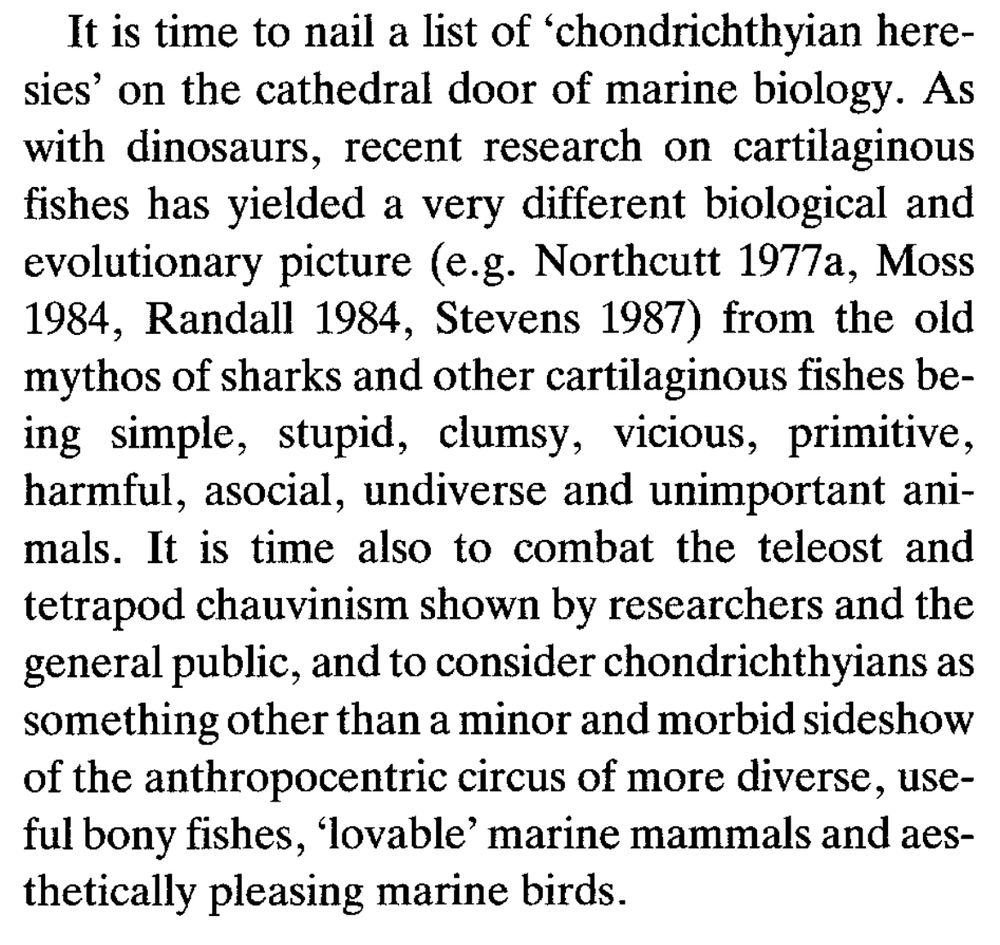
This is a fantastic paper and has one of the best closing paragraphs of all time!
13.12.2024 15:52 — 👍 9 🔁 3 💬 1 📌 1

Checks out!
11.12.2024 23:11 — 👍 2 🔁 0 💬 0 📌 0
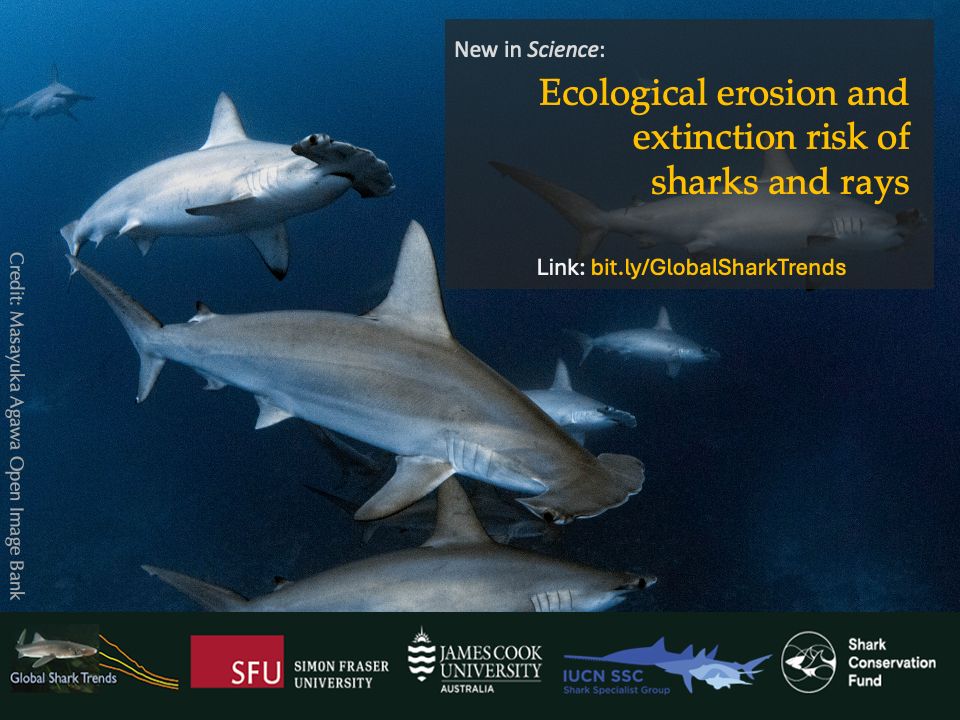
Scalloped hammerhead sharks (Sphyrna lewini) IUCN Critically Endangered © Masayuki Agawa_Ocean Image Bank
New #GlobalSharkTrends study published in @science.org reveals #overfishing has more than halved shark & ray populations over the past 50-years causing widespread erosion of ecological function and exceptionally high extinction risk
👉Full article bit.ly/GlobalSharkTrends
🧵1/20
05.12.2024 22:04 — 👍 189 🔁 125 💬 4 📌 13
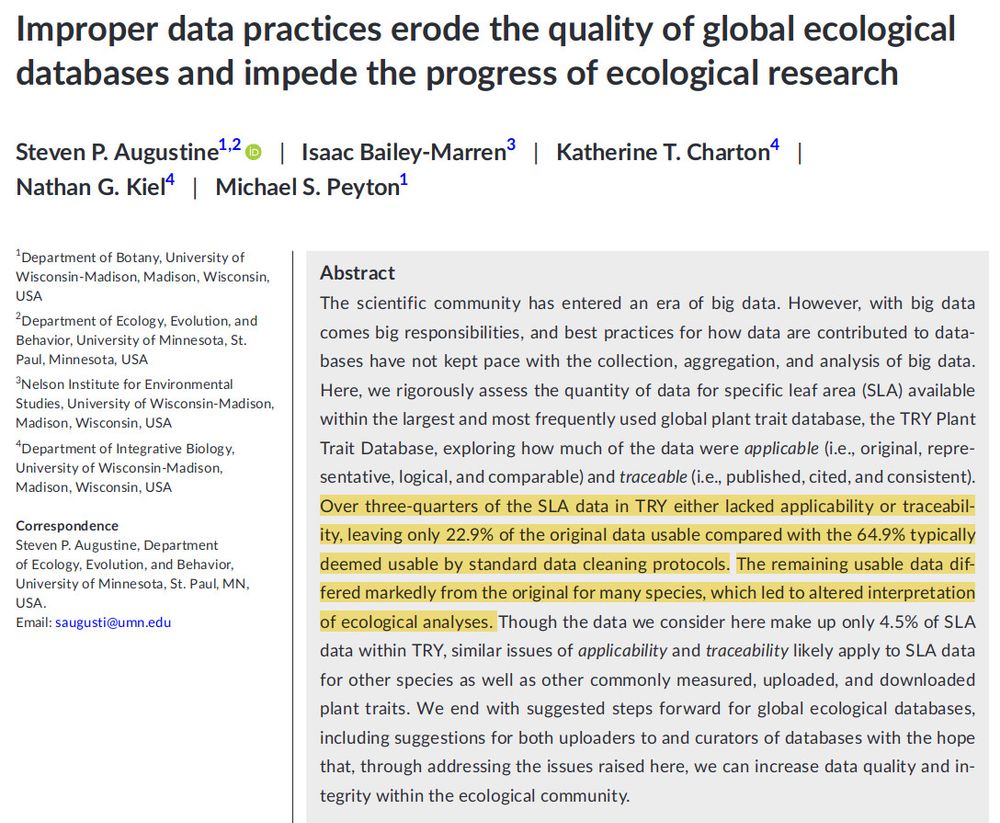
Improper data practices erode the quality of global ecological databases and impede the progress of ecological research
The scientific community has entered an era of big data. However, with big data comes big responsibilities, and best practices for how data are contributed to databases have not kept pace with the collection, aggregation, and analysis of big data. Here, we rigorously assess the quantity of data for specific leaf area (SLA) available within the largest and most frequently used global plant trait database, the TRY Plant Trait Database, exploring how much of the data were applicable (i.e., original, representative, logical, and comparable) and traceable (i.e., published, cited, and consistent). Over three-quarters of the SLA data in TRY either lacked applicability or traceability, leaving only 22.9% of the original data usable compared with the 64.9% typically deemed usable by standard data cleaning protocols. The remaining usable data differed markedly from the original for many species, which led to altered interpretation of ecological analyses. Though the data we consider here make up only 4.5% of SLA data within TRY, similar issues of applicability and traceability likely apply to SLA data for other species as well as other commonly measured, uploaded, and downloaded plant traits. We end with suggested steps forward for global ecological databases, including suggestions for both uploaders to and curators of databases with the hope that, through addressing the issues raised here, we can increase data quality and integrity within the ecological community.
1/ Important read for anyone using, contributing, or building large databases by aggregating data sources. Discusses issues with data quality, duplication, credit attribution, etc, and includes recommendations for improvement
doi.org/10.1111/gcb.... #ecopubs
29.11.2024 11:01 — 👍 99 🔁 39 💬 4 📌 4
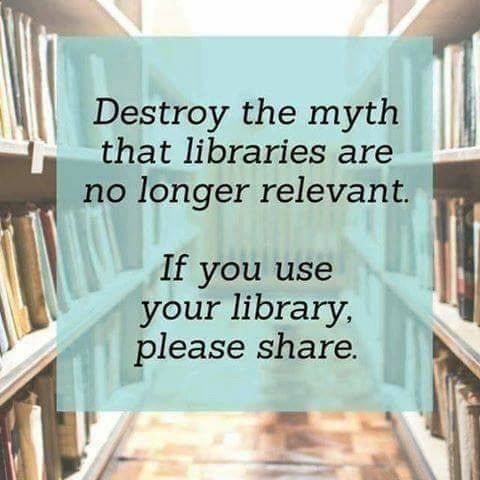 26.11.2024 18:11 — 👍 55058 🔁 20430 💬 1418 📌 1537
26.11.2024 18:11 — 👍 55058 🔁 20430 💬 1418 📌 1537
Marine biologist, deep-sea explorer, and unyielding fish devotee🐠.
PhD student at UH Mānoa studying how marine biodiversity supports ecosystem functions and provisions to humanity.
Searching for new sharks, rays, and chimaeras🦈
He/Him 🇮🇳🇮🇹🏳️🌈🕎
UC Santa Barbara's National Center for Ecological Analysis and Synthesis (NCEAS). Posting about environmental #SynthesisScience, #DataScience & #OpenScience
Ecologist at CSIRO. I love #scicomm and the great outdoors. Studying #sharks #prawns #grass #soil #koalas #environment
Mike Heithaus | Marine Ecologist
Shark biologist, explorer, educator, Executive Dean of @fiucase at Florida International University and @the_explorers_club Fellow. mikeheithaus.com/
Researcher at IEO-CSIC Spain
Comparative physiologist and biomechanist studying fish locomotion at Scripps Institution of Oceanography, UC San Diego 🌊🦈🐟🐠🐡
www.valentinadisanto.com
Asst Prof at University of Washington SAFS
Globalization of aquatic food systems & sustainable seafood
Lab website: http://seafood-globalization-lab.weebly.com/
ARTIS website: https://artisdata.weebly.com/
Comparative neurobiology of sharks and their relatives at UNC Wilmington
Assistant Professor of Ocean Sciences at UCSC. Modeling ecological and biogeographical dynamics in past, current, and future seas.
Ocean enthusiast & marine ecologist interested in predator-prey interactions, coral reef function, & the impacts of humans on marine ecosystems.
Postdoc at the University of Sydney, Thriving Oceans Research Hub
Principal Fisheries Scientist at Cefas
Mum
Buckland Professor 2024
Chair of ICES WGEF 🦈
Northern Europe IUCN SSG🦈
Shark & tuna space use, movements, behaviour, and ecological role, with machine learning @ Florida International University, Miami, FL, USA. Snowboarding, house music, gardening, Arsenal, & SF Giants. He/His
PhD candidate at the Bren School, UCSB. Fisheries ecology, conservation, bioeconomics, and luxury seafood. Brazilian from Maranhão state. Views are my own. https://lmfeitos.github.io/leonardo-website/
Director of Shark and Ray Conservation - Wildlife Conservation Society
Marine Biologist. National Geographic explorer. Brazilian jiu jitsu black belt. Cinephile (https://boxd.it/9OphX )🇬🇧🇬🇷
https://www.peclabfiu.com/
👩🏻🎓🦈 Post-doc researcher at Uni of Oxford on incentive-based approaches for marine conservation & human well-being 🌊🩵
🌿Biodiversity consultant
🎗️NGO founder
🏄🏽♀️🏃🏽♀️Mediocre at sport
🐕🐕 Dog mom
👽🛸 Sci-fi fan
🇬🇧🇮🇩 Brummy abroad
Biologist, researcher working with sharks and rays🦈<:>—
Behavioural & cognitive ecology 🏞️🧠💡 Mostly fish 🐟🐠🦈
Enthusiastic about science communication and outreach 📢
perso website: https://catarinavilapouca.wordpress.com/
Prof at Flinders University, shark ecologist, Leader of the Southern Shark Ecology Group, Director of Flinders Marine and Coastal Research Consortium










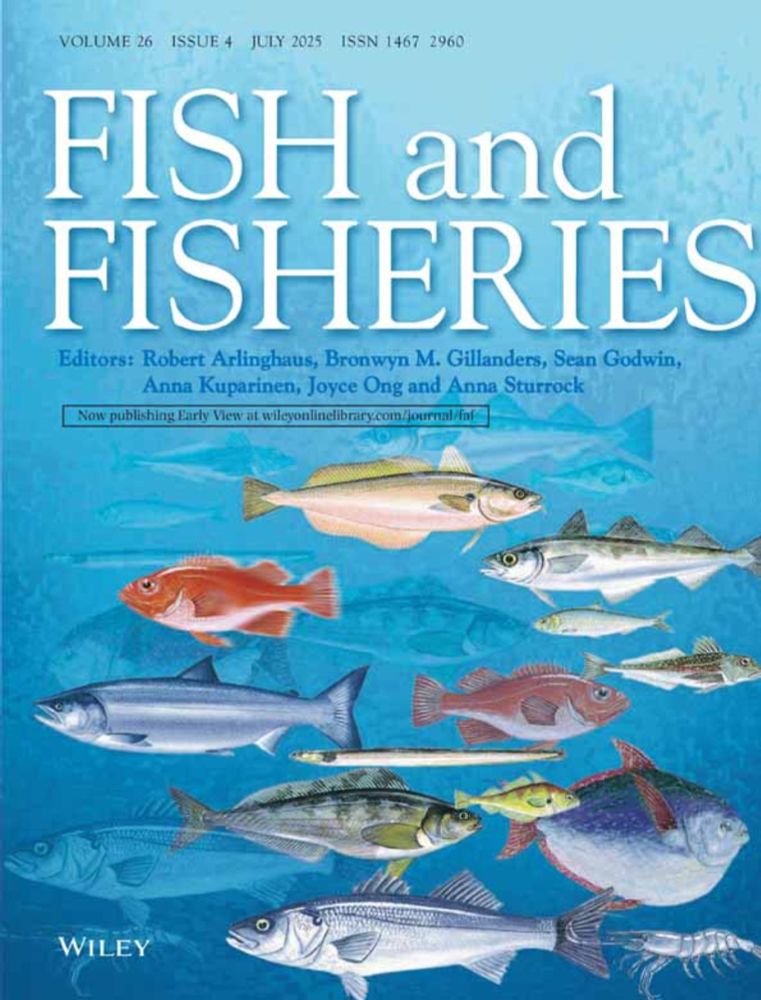
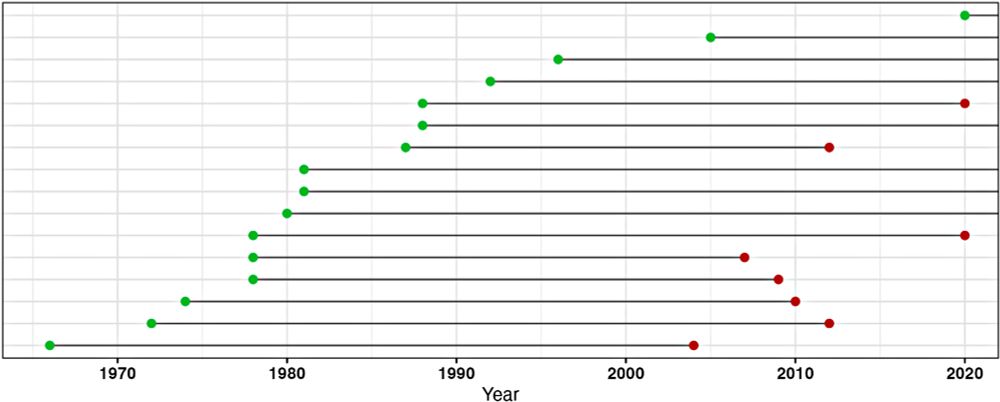






 26.11.2024 18:11 — 👍 55058 🔁 20430 💬 1418 📌 1537
26.11.2024 18:11 — 👍 55058 🔁 20430 💬 1418 📌 1537
